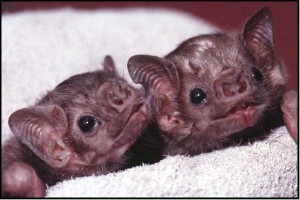 Thomas Nagel proposes a radical form of skepticism in his new book, Minds and Cosmos, continuing his trajectory through subjective experience and moral realism first began with bats zigging and zagging among the homunculi of dualism reimagined in the form of qualia. The skepticism involves disputing materialistic explanations and proposing, instead, that teleological ones of an unspecified form will likely apply, for how else could his subtitle that paints the “Neo-Darwinian Concept of Nature” as likely false hold true?
Thomas Nagel proposes a radical form of skepticism in his new book, Minds and Cosmos, continuing his trajectory through subjective experience and moral realism first began with bats zigging and zagging among the homunculi of dualism reimagined in the form of qualia. The skepticism involves disputing materialistic explanations and proposing, instead, that teleological ones of an unspecified form will likely apply, for how else could his subtitle that paints the “Neo-Darwinian Concept of Nature” as likely false hold true?
Nagel is searching for a non-religious explanation, of course, because just enervating nature through fiat is hardly an explanation at all; any sort of powerful, non-human entelechy could be gaming us and the universe in a non-coherent fashion. But what parameters might support his argument? Since he apparently requires a “significant likelihood” argument to hold sway in support of the origins of life, for instance, we might imagine what kind of thinking could result in highly likely outcomes that begin with inanimate matter and lead to goal-directed behavior while supporting a significant likelihood of that outcome. The parameters might involve the conscious coordination of the events leading towards the emergence of goal-directed life, thus presupposing a consciousness that is not our own. We are back then to our non-human entelechy looming like an alien or like a strange creator deity (which is not desirable to Nagel). We might also consider the possibility that there are properties to the universe itself that result in self-organization and that either we don’t yet know or that we are only beginning to understand. Elliot Sober’s critique suggests that the 2nd Law of Thermodynamics results in what I might call “patterned” behavior while not becoming “goal-directed” per se.… Read the rest